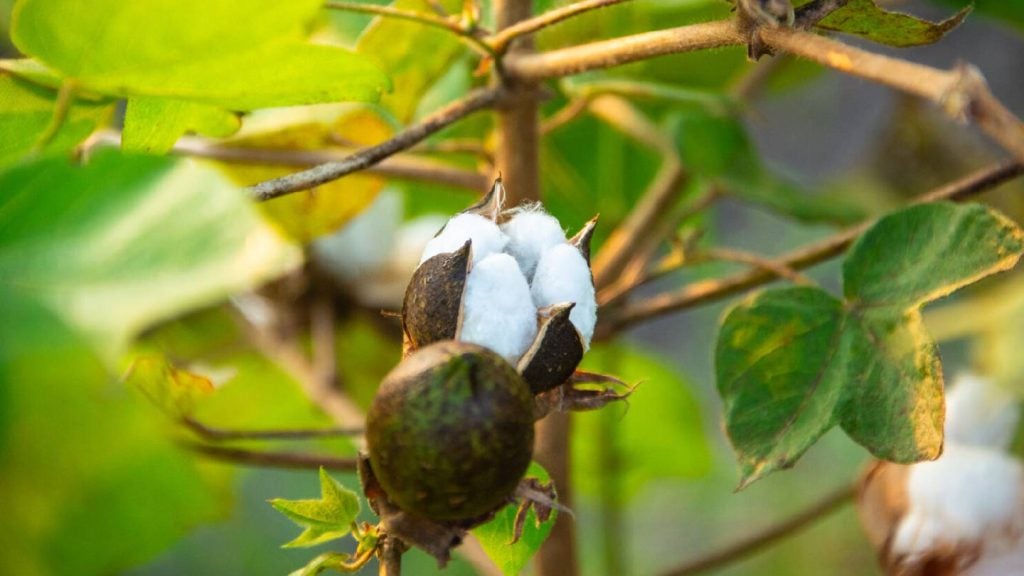The Better Cotton Initiative stated that cotton meeting its traceability requirements is currently sourced from 15 producing nations, demonstrating the expansion of its traceability solution since its rollout two years ago.
Launched in November 2023, BCI Traceability has attracted over 60 retailers and brands that have registered to source traceable BCI cotton, referred to as Physical BCI Cotton.
In addition, 17 Better Cotton Initiative retailer and brand members have received products containing this type of cotton.
The group confirmed that nearly a quarter of all retailer and brand members have either procured or committed to sourcing this physically traceable cotton.
Better Cotton Initiative traceability director Jacky Broomhead said: “The complexity of textile supply chains, combined with increased legislation, makes traceability non-negotiable. To continue delivering on our mission to support cotton farmers around the world and ensure BCI farmers can access key markets, we needed to make BCI Cotton traceable.”
In terms of scale, over the past two years, over 23,000 metric tonnes (mt) of Physical BCI Cotton have been traced from cotton gins through to BCI retailer and brand members. This figure represents an increase from the 90mt recorded by November 2024.
According to Better Cotton Initiative’s calculations, with an average 100% cotton t-shirt weighing around 180 grams, this volume would be enough fibre to manufacture more than 127 m t-shirts.
The cotton governance group has now implemented its traceability solution across every country where it runs field-level programmes. It continues to work with supplier and manufacturer members to ensure alignment with its Chain of Custody (CoC) Standard. This standard determines requirements for handling Physical BCI Cotton and is intended to maintain supply chain integrity.
Over the previous 12 months, the traceability system has expanded into Australia and Brazil. During this period, the number of suppliers and manufacturers complying with the CoC Standard increased from 700 in 2024 to over 2,000 today.
Broomhead continued: “Making traceability both accessible to the market and inclusive of all BCI farmers has been a key goal of ours. Achieving this has been a truly collaborative effort made possible through the invaluable contributions of our retailer and supplier community, who helped develop the solution, and the many companies now sourcing Physical BCI Cotton."
The expansion of BCI Traceability is directly linked to the introduction of a new product label, which became available last month.
This label can be used by retailers and brand members wishing to claim on products containing Physical BCI Cotton.
According to Better Cotton Initiative, the label confirms that products contain cotton certified by a third-party organisation and traced back to its country of origin.
This certification makes the label “a source of reassurance for consumers, while enhancing the credibility of retailers and brands,” according to the cotton sustainability initiative.
Physical BCI Cotton enters global supply chains using three CoC models. These include segregation (single country), segregation (multi-country), and controlled blending.
The single and multi-country segregation models require complete separation from conventional cotton at the farm level onwards, while multi-country segregation does not allow mixing or substitution between origins or with conventional fibre throughout processing.
Controlled blending is being introduced as a transitional approach. It allows some mixing at production sites when demand outpaces supply, resulting in a percentage-based claim on batch composition.
In September this year, Better Cotton partnered with Stockholm-based climate technology firm Planboo to assist cotton farmers in lowering greenhouse gas emissions and generating carbon credits.













